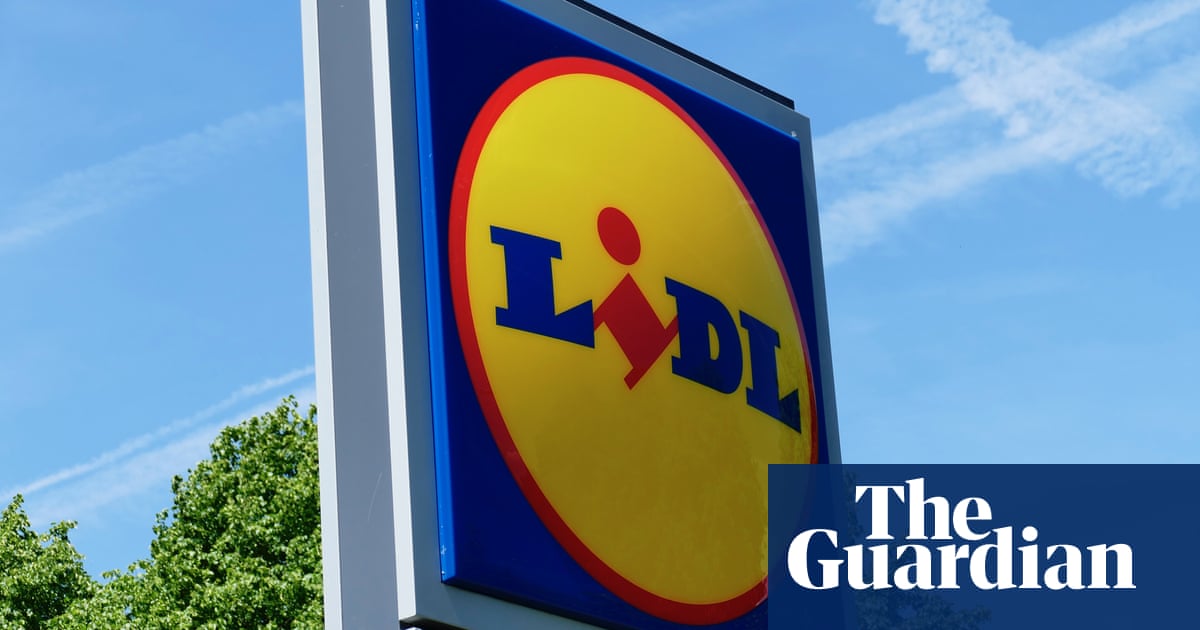
Donald Trump described the US-UK relationship as “the greatest alliance the world has ever known” during his state visit to Britain last year. When he made an official visit in 2018, he described the so-called “special relationship” as the “highest level of special.” US Secretary of State Mike Pompeo, in a visit last week to London, also did the usual reassurance pep talk with his counterparts in Whitehall.
From a president known for taking hyperbole to new, unexplored heights, just how reassuring such platitudes are for Trump’s nervous British counterparts is questionable. When he spoke of the special relationship, he may not have had in mind exactly what Winston Churchill meant by the term when he coined it back in 1946. Trump tends to toy with his prey because, as he says these things, less reassuring comments emerge.
Mentions of a special relationship often amuse US politicians. British leaders have seemed obsessed with it, which is something Trump is more than aware of. Some would argue it is somewhat of a myth and question why it should be seen as sacred. Helmut Schmidt, a former West German chancellor, said the US-UK relationship was “so special that only one side knows it exists.” Low points have occurred, such as over Suez and Vietnam. Most Americans are still taught that the British burned the White House to the ground in 1814.
If Barack Obama had a special relationship, it was with Angela Merkel, not with British leaders. If Trump has a special relationship, it is with himself or perhaps his Twitter account. It certainly is not with Britain — Theresa May was only the ninth foreign leader Trump called after being elected.
Further evidence of this piles up every week. One week he is buddy-buddy with President Emmanuel Macron of France, the next it is all needle. Benjamin Netanyahu might have thought he had such a relationship with Trump last week, with the announcement of the president’s plan to end the Israeli-Palestinian conflict. Misreading the situation, “Bibi” pushed to fast forward the annexation of large swaths of the West Bank, only for the Trump administration to put the brakes on and make him wait, which is not helpful for his election chances on March 2.
Britain, right now, might need the relationship to be parked in special mode. Exiting the EU, it has to turn to the US and secure a free trade agreement to bridge the Atlantic, not the English Channel. Trump mixes his signals, denying he is seeking access to chunks of the valuable UK health care market when commenting during the UK’s December election campaign, while saying the opposite at other times. For the US, the deal hinges on agricultural products and health. Even if Trump agrees a deal, will Congress agree to a free trade agreement, especially if the end result of Brexit is a hard border on the island of Ireland?
Yet, far from being special, the relationship is currently rather spiky, with more than the usual number of friction points. Britain shares many of the rest of the international community’s frustrations about Trump’s modus operandi and his positions on trade, climate change, Russia, Iran, Israel-Palestine and North Korea. The British security establishment was also far from impressed at the lack of prior warning about the assassination of Qassem Soleimani in Iraq.
Contrary to some die-hard viewpoints, the UK is not playing the dutiful role of poodle. This is a wise move, given Trump appears to respect strength and feed off weakness. Boris Johnson handles Trump much better than his predecessor May. Over the killing of Soleimani, Britain merely “understood” America’s right to self-defense, which is hardly the stuff of standing shoulder-to-shoulder, as during the Blair-Bush era.
A series of bilateral tensions also cloud the horizon — some about personality, some about business. Last summer, Trump was incandescent after a leaked memo from the then-British ambassador called the administration “inept” and “chaotic.” Trump effectively forced him out of office, labeling him a “pompous fool” and “wacky.” The US is currently refusing to extradite Anne Sacoolas, the wife of an American government employee, who is accused of killing a British citizen through dangerous driving.
On the business front, the US objects to European and British plans to levy a 2 percent digital tax on major tech firms, including the likes of Google and Facebook. Washington has threatened to retaliate with tariffs on cars. Last week, Johnson announced that Britain would permit the Chinese telecoms giant Huawei a limited role in the setting up of Britain’s 5G network, ignoring US threats that it would reduce intelligence sharing.
For all of the above, the US-UK relationship remains far deeper and broader than just at leadership level. The UK has strong ties to Congress, the military and the security establishments. The two share the world’s largest bilateral foreign direct investment partnership. The UK does require US military assets to mount any kinetic operations overseas, but America has frequently benefited from British diplomatic support when it might otherwise have been dangerously isolated.
One has to question whether the current kinks are just the Trump factor at play and that, whenever he exits 1600 Pennsylvania Avenue, Anglo-American ties will revert to normal. Or could it be that they point to something more long term — a different world view on issues such as multilateralism and climate change. The answer may lie somewhere in between but, rather than rely on some mystical bond of friendship, any British government will have to be flexible and pragmatic and choose which battles to fight.
• Chris Doyle is director of the London-based Council for Arab-British Understanding. Twitter: @Doylech
Disclaimer: Views expressed by writers in this section are their own and do not necessarily reflect Arab News" point-of-view












